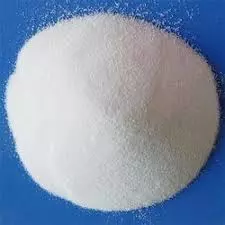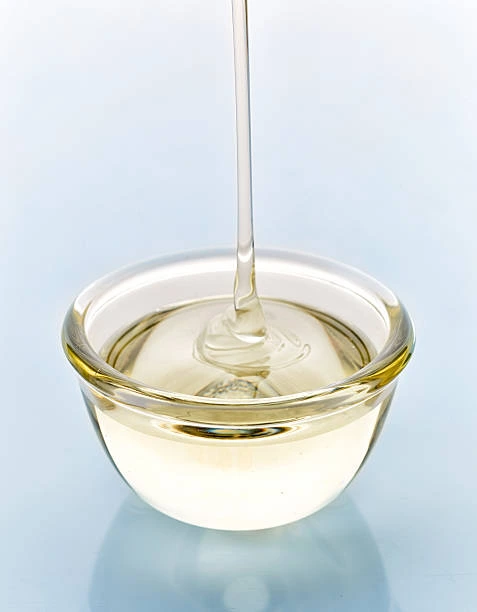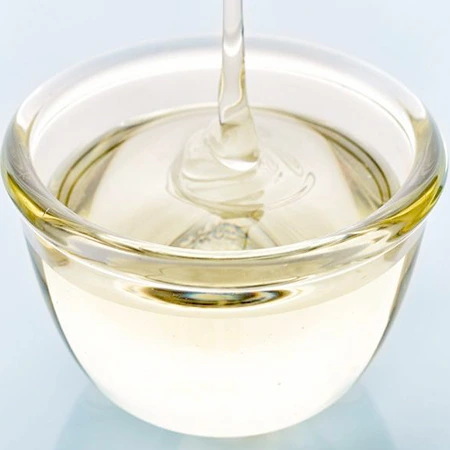Sucralose (99%) - India
|
IUPAC Name |
: - |
|
Cas Number |
: 56038-13-2 |
|
HS Code |
: 2932.99.90.99 |
|
Formula |
: C12H19Cl3O8 |
Basic Info
|
Appearance Name |
: White Crystalline Powder |
|
Common Names |
: Noncaloric Sugar, Splenda |
|
Packaging |
: 25 Kg Bag |


---india.webp)


